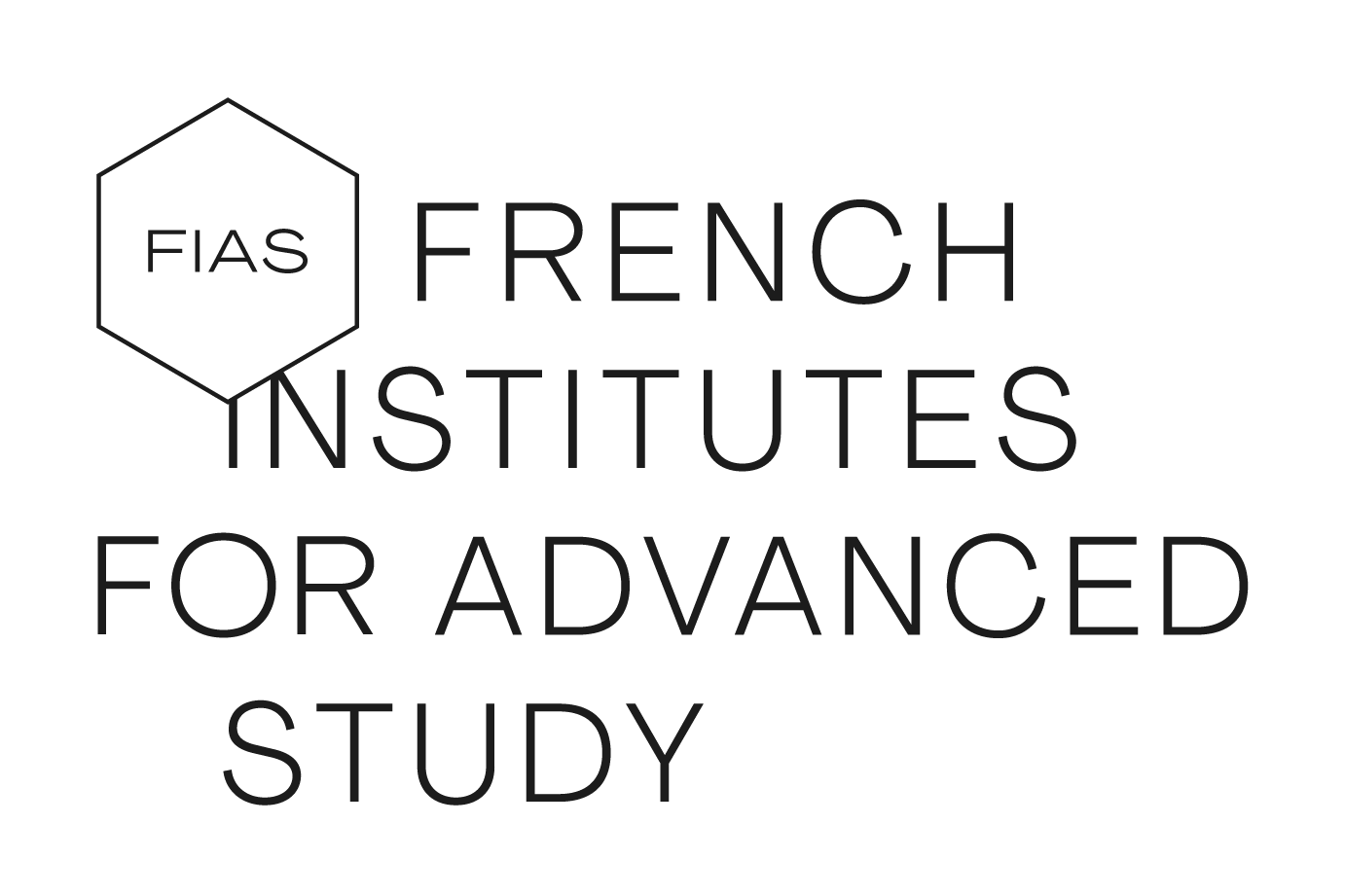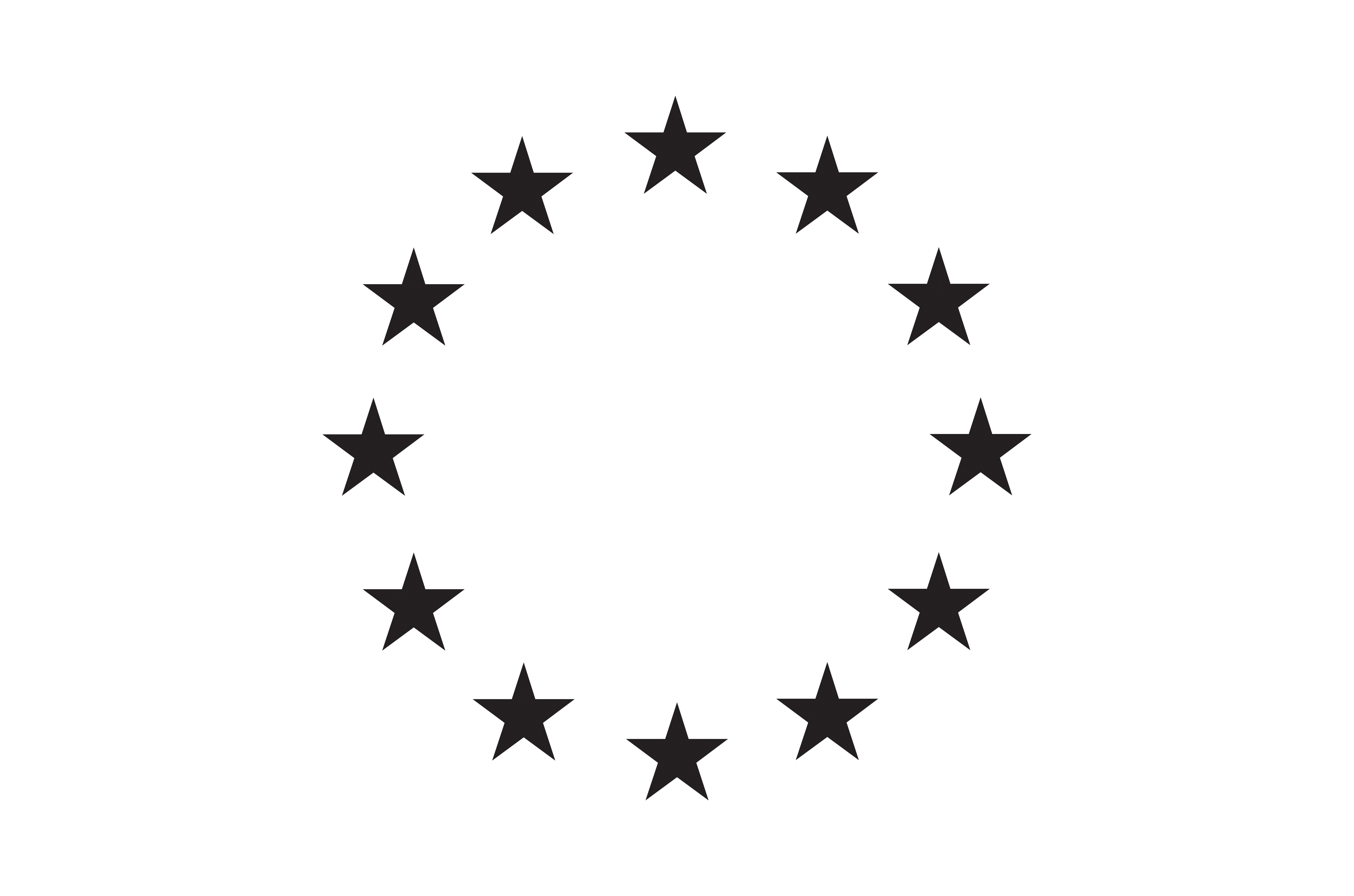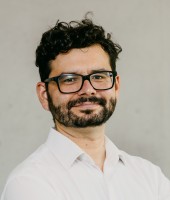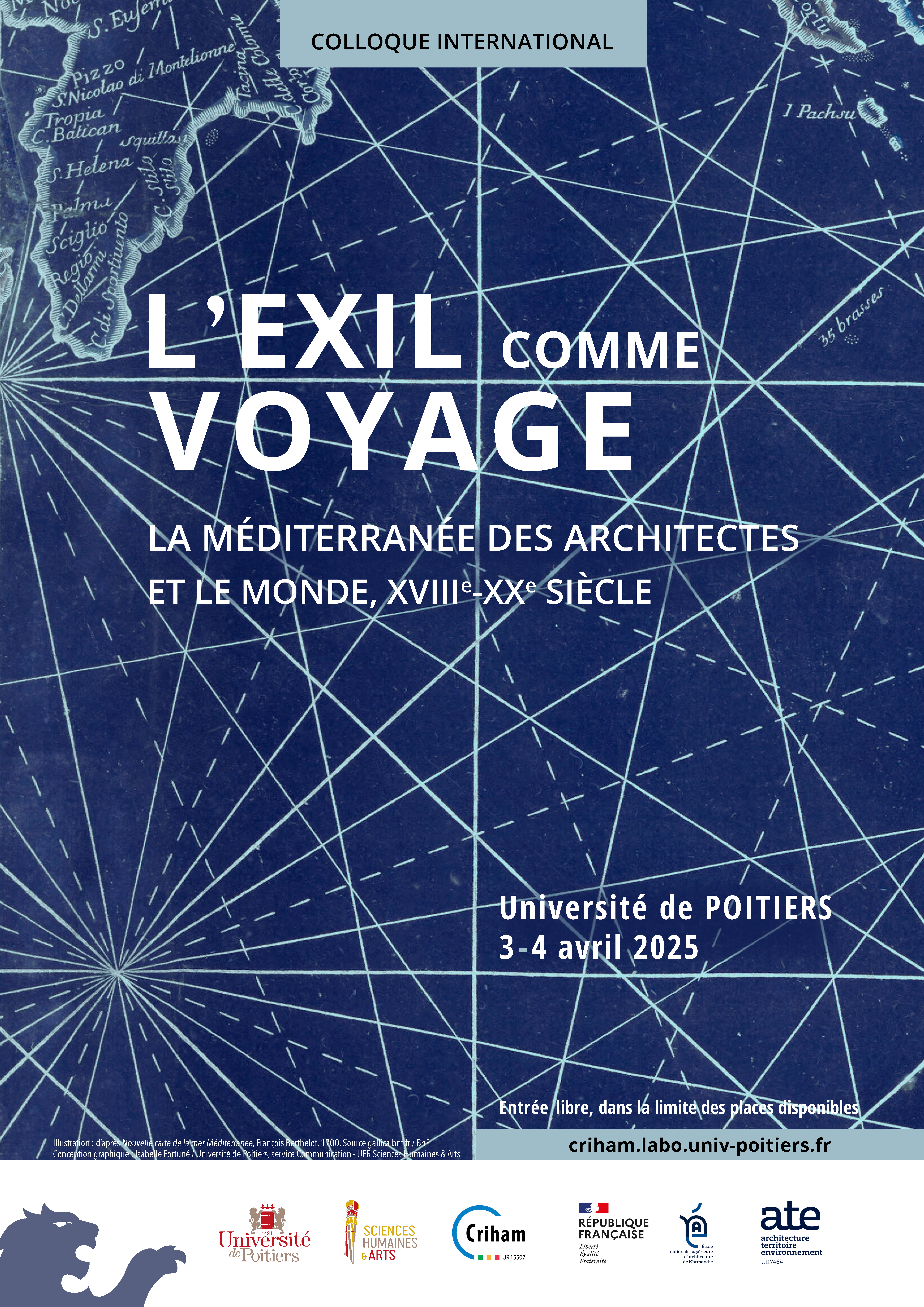Gruia Bădescu
Gruia Bădescu is a Research Fellow at Zukunftskolleg, University of Konstanz. He holds a PhD from the University of Cambridge and was a lecturer and research associate at the University of Oxford before joining Konstanz in 2018. His research examines the relationship between spatial reconfigurations and the transformation of societies in the aftermath of ruptures. He is a founder and co-convener of the Memory, Space and Place and the Memory and Critical Human Rights working groups of the Memory Studies Association.
In September 2024, he joins the Paris IAS as part of the French Institutes for advanced Study fellowship program - FIAS - co-funded by the European Union’s Horizon 2020 research and innovation programme under the Marie Skłodowska-Curie grant agreement No 945408. His fellowship also benefits from the support of the RFIEA+ LABEX, with a national funding (Grant ANR-11-LABX-0027-01).

![]()

Research Interests
Post-War Reconstruction of Cities, Memory and Memorialization of Difficult Pasts (War, Dictatorship), Legacies of Empire, Urban Geopolitics, Nationalism, Cosmopolitanism, Cities and Urban Design, Urban Imaginaries, Urban and Architectural History, Entangled History
Urban imaginaries and political ruptures: Three aspiring Parises and their discontents
Historians and social scientists have increasingly traced the circulations of urban models. However, the impact of political ruptures on how cities relate to these models has received less attention. This project examines the development and transformations of such identifications historically, analyzing three cities on different continents which reshaped themselves as “Parises” of their respective regions and then endured political ruptures such as dictatorships and transitions or wars and reconstructions: Bucharest as the “Paris of the Balkans,” Buenos Aires as the “Paris of South America,” and Beirut as the “Paris of the Middle East.” By using the lens of the urban imaginary, which comprises the ways in which urban populations understand and represent their city, this project investigates how these reference points were shaped, how they impacted the built environment, and how they endured political ruptures. It traces the endurance and modifications of the Parisian imaginary during and after a civil war (Beirut), a right-wing military dictatorship (Buenos Aires), and a socialist regime (Bucharest) up to today.
The project brings an urban angle to the research on multiple modernities. Moreover, it contributes to our understanding of the limitations and perspectives of circulating urban models such as smart cities and global cities. Finally, through this interdisciplinary approach rooted in historical research, architectural and urban studies, and geography, it showcases the relationships underpinning the triad of cityscape, urban imaginary, and political change.
Key Publications
Bădescu, Gruia (2024), "Remaking the Urban: International Actors and the Post-war Reconstruction of Cities", International Studies Quarterly 68.2. https://doi.org/10.1093/isq/sqae054
Bădescu, Gruia (2020) "Rewritten in stone: imperial heritage in the sacred place of the nation", Cultural Studies, 34 (5), pp. 707-729.
https://doi.org/10.1080/09502386.2020.1780283
Bădescu, Gruia (2021) ‘"Homelands and Dictators: Migration, memory, and belonging between Southeastern Europe and Chile", Journal of Contemporary European Studies https://doi.org/10.1080/14782804.2021.2014305
|
Talk by Gruia Bădescu (University of Konstanz, Paris IAS) as part of the symposium "Urban Humanities Symposium: How Do We Learn About the Urban ?" organized by Malmö University Talk by Gruia Bădescu (Université of Konstanz, Paris IAS) as part of the international symposium « L'exil comme voyage » at the University of Poitiers Talk by Gruia Badescu, 2024-2025 Paris IAS Fellow, as part of the event "The Visceral and the Virtual: Memorial Practices in Eastern and Southeastern Europe" organized by the Max Planck Institute Talk by Gruia Badescu, 2024-2025 Paris IAS Fellow, part of the Graduate School series Empires: Dynamic Change, Temporality, and Post-Imperial Orders organized at the University of Friburg Talk by Gruia Badescu, 2024-2025 Paris IAS Fellow, as part of the "Memory and Populism from the Margins" conférence Talk by Gruia Badescu, 2024-2025 Paris IAS Fellow, 2024 Tschudi Annual Lecture at the University of Oslo Talk by Gruia Badescu, 2024-2025 Paris IAS fellow as part of the Rhodes Forum on Technology and Society organized by the University of Oxford Intervention de Gruia Basdescu, chercheur-résident 2024-2025 de l'IEA de Paris dans le cadre des Rendez-vous de l'Histoire de Blois |
|
|
|
|








